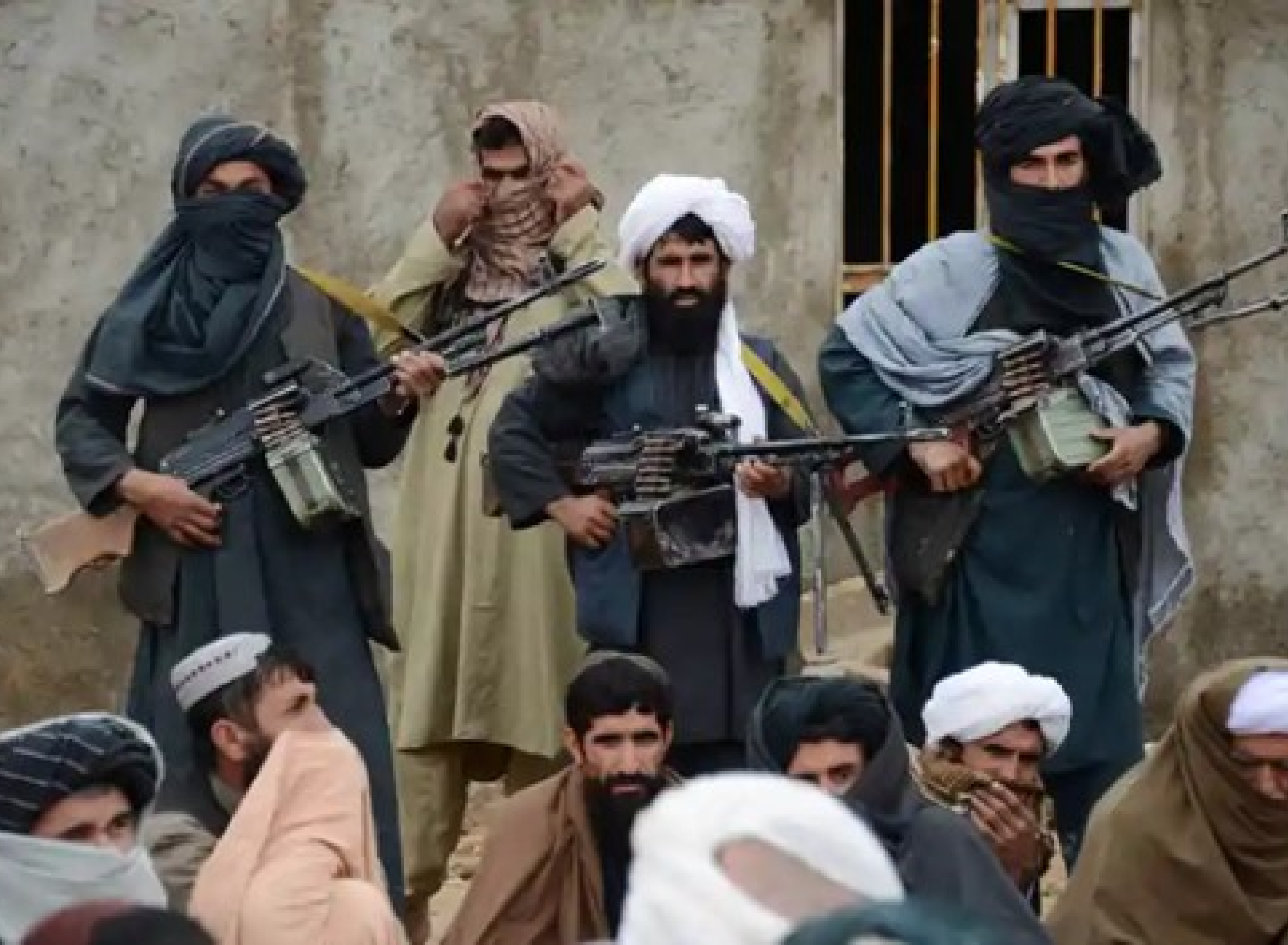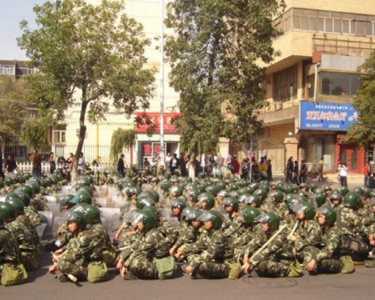Pakistan’s struggle against terrorism is a complex and multifaceted conflict, marked by periods of both significant progress and setbacks. Since the turn of the millennium, the nation has grappled with a multitude of terrorist groups, from homegrown organizations like the Tehrik-i-Taliban Pakistan (TTP) to international affiliates of al-Qaeda. The consequences have been devastating, with thousands of lives lost and significant economic disruption. Evaluating Pakistan’s counterterrorism strategies requires a nuanced understanding of the successes, failures, and the broader socio-political context fueling the conflict.
Early counterterrorism efforts were often reactive, without a comprehensive and coordinated approach. While initial counterterrorism efforts primarily focused on military operations, the government has since recognized the need for a more comprehensive approach to addressing the root causes of extremism. The 2007 Lal Masjid operation, though seemingly decisive in the short term, underscored the challenges in balancing military action with the imperative for political solutions and the protection of civilian rights. The years that followed saw a concerning surge in terrorist activity, culminating in the horrific 2014 Army Public School massacre in Peshawar, it marked a watershed moment in public opinion, which changed the country’s counterterrorism policy fundamentally.
The launch of Operation Zarb-e-Azb in 2014 was a turning point. It was an all-out military operation against the strongholds of Tehrik-i-Taliban Pakistan (TTP) in the Federally Administered Tribal Areas (FATA), which led to a significant decline in terrorist activities across the country. Although Zarb-e-Azb undeniably achieved tactical success, disrupting major terrorist networks and killing or capturing numerous high-profile terrorists, the apprehensions of civilian casualties and human rights violations remain a considerable shadow across this period. The subsequent operation of Radd-ul-Fasaad aimed to consolidate these successes and address the issue of greater extremism.
Pakistan has made significant strides in its efforts to combat terrorism, particularly through military successes that have helped curtail extremist activities in various regions. However, the obstacles it faces are complex and require a holistic approach that cannot be limited to just a military solution. A key factor in the ongoing security concerns has been the resurgence of Tehrik-i-Taliban Pakistan (TTP), mainly after the Taliban’s re-emergence to power in Afghanistan in 2021. This has emphasized a need for stronger border security measures, effective intelligence sharing, and enhanced regional cooperation to fight cross-border threats. While the porous border with Afghanistan continues to represent a vulnerability, Pakistan has demonstrated resilience in adapting its security strategies to address evolving challenges.
Pakistan’s counterterrorism initiatives are now increasingly focusing on integrating military, law enforcement, and diplomatic strategies to achieve long-term stability. Military operations have achieved tangible results; however, the country recognizes that lasting peace requires addressing the root causes of extremism, which include poverty, poor education, and social exclusion. The government has made collective efforts to promote education and economic development in the conflict-affected regions; however, these efforts need improvement to achieve sustainable peace and reconciliation.
The emphasis on human rights in Pakistan’s counterterrorism strategy represents a considerable advancement. While military operations are necessary to disrupt terrorist networks, the country’s commitment to human rights ensures that these operations are conducted with respect for the rule of law. This approach cultivates trust among communities, thereby diminishing the likelihood of alienation and the recruitment of extremists. At the same time, the judicial system is undergoing reforms to provide for fair trials, due process, and protection against human rights violations. By enhancing the judicial framework and promoting transparency, Pakistan aims to build public confidence in its counterterrorism efforts and uphold the integrity of the legal system.
Pakistan’s counterterrorism strategy is essentially aligned with regional dynamics, specifically about Afghanistan. Taliban’s resurgence has brought security to both nations, making cooperation between Pakistan and Afghanistan inevitable for proper implementation of counterterrorism. The two countries need a relationship based on mutual benefits with aspects like border management, and diplomatic engagement to combat terrorism at the border. This cooperation extends beyond national borders and highlights the importance of regional stability for Pakistan’s domestic security.
Pakistan is shifting focus towards a holistic approach including military action, law enforcement, community engagement, and socio-economic development in order to have a sustainable counter-terrorism strategy. Empowerment of local communities is imperative to involve them in peace building. Civil society organizations, leaders, and religious personalities play a critical role in fighting extremism through advocacy for values, interfaith dialogue, and resilience. By addressing the fundamental socio-economic factors that contribute to extremism, such as poverty and inequality, Pakistan is laying a foundation for lasting peace and security.
Furthermore, Pakistan is making significant investments in its law enforcement agencies to strengthen their capabilities regarding intelligence gathering, surveillance, and investigation. The inter-agency coordination will further be fortified, while more effective relations with international partners will help Pakistan enhance its capabilities to disrupt terrorist financing and dismantle terrorist networks. This, combined with judicial reforms, will ensure that those accused of terrorism are held accountable through a transparent and fair legal process.
In the long run, a successful counterterrorism policy in Pakistan will require a continuous adaptation and collaboration process. The country must exploit its military gains and extend its efforts in education, economic development, and governance. This integrated approach will create a sense of belonging and opportunity for all citizens to prevent radicalization and national integration. Pakistan’s efforts against terrorism best represent a commitment to both security and human rights, and it is only by means of such a broad, multi-dimensional approach, where long-term stability is placed over short-term gains, that lasting peace and security can be achieved. Continued investment in these areas will best place Pakistan to create a safer and more prosperous future for its people.


